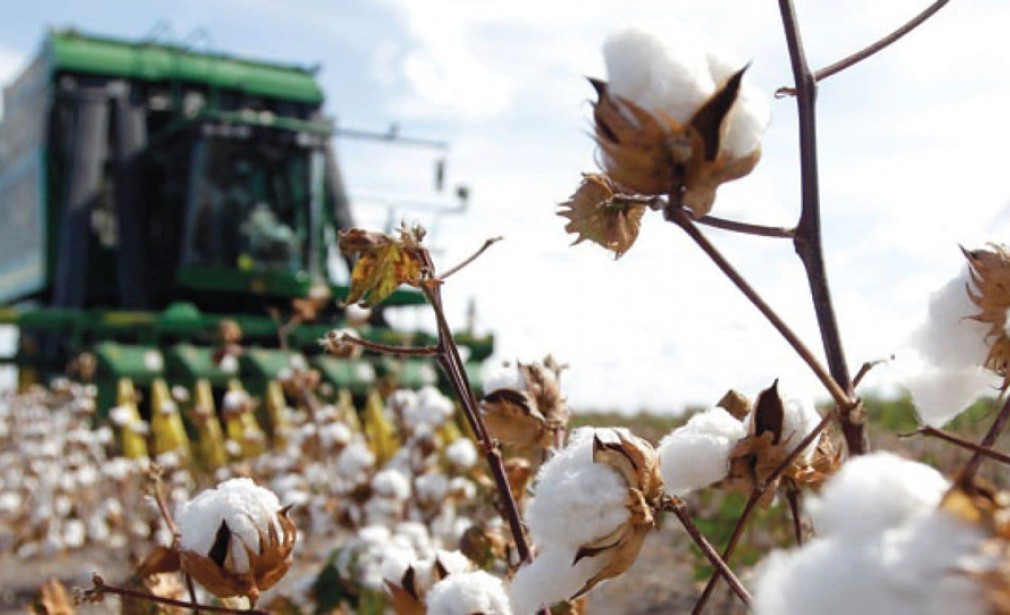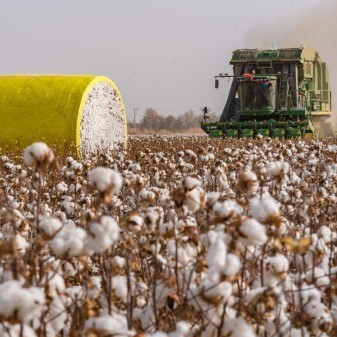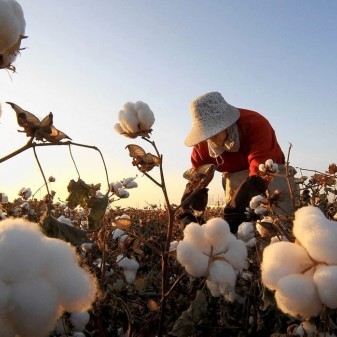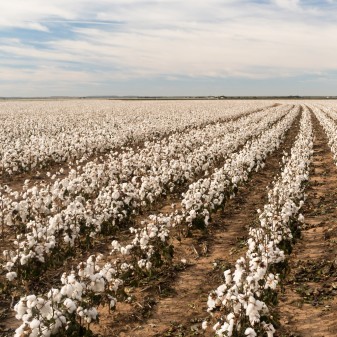
Empowering Farmers and Social Sustainability: From Cotton Fields to Communities


Empowering Farmers and Social Sustainability: From Cotton Fields to Communities
Introduction
Cotton is a vital agricultural product that serves as the primary livelihood for millions of people worldwide. However, improving the social and economic conditions of farmers is crucial for the sustainability of agricultural production. Empowering farmers not only enhances agricultural productivity but also supports economic and social development in rural areas.
Education and Support Programs: Stronger Farmers for a Sustainable Future
The quality of cotton production is directly linked to farmers' knowledge and the methods they implement. Training and support in modern farming techniques and sustainability enable farmers to produce more efficiently:
These programs enhance farmers' knowledge, improving both agricultural production and product quality.
Fair Trade and Pricing: Valuing Farmers' Efforts
Fair trade principles ensure that farmers receive fair compensation for their work. Transparent pricing policies and collaboration with local communities strengthen the economic stability of farmers:
These approaches enhance farmers’ commitment to production while supporting long-term economic sustainability.
Empowering Women Farmers: Strengthening Women's Role in Agriculture
Women farmers are a fundamental part of agricultural production, yet they often face barriers to full participation. Special incentive programs help them take a more active and empowered role in the sector:
These initiatives enable women farmers to have a stronger voice in production processes while fostering social and economic development.
The Importance of Social Sustainability
Empowering farmers strengthens the agricultural ecosystem and paves the way for economic development in rural areas:
Conclusion
Empowering farmers and promoting social sustainability are not just about addressing today’s needs; they also shape the future of agriculture. Every step taken—from education and fair trade to women’s empowerment and economic collaborations—creates a ripple effect, starting from cotton fields and spreading benefits to entire communities.
News From Us

Certifications and Partnerships: Sustainability at Global Standards
In today's trade landscape, sustainability is not just a necessity but also a global responsibility. At Valour Trading, we place sustainability at the core of our operations and contribute to shaping the future of agriculture by offering solutions that align with internationally recognized standards. Our commitment to "Sustainability at Global Standards" is brought to life through our certifications and partnerships.

Empowering Farmers and Social Sustainability: From Cotton Fields to Communities
Cotton is a vital agricultural product that serves as the primary livelihood for millions of people worldwide. However, improving the social and economic conditions of farmers is crucial for the sustainability of agricultural production. Empowering farmers not only enhances agricultural productivity but also supports economic and social development in rural areas.

Reducing Carbon Footprint: Working Towards a Greener Future
Global warming, environmental pollution, and the rapid depletion of natural resources are driving the urgent need for sustainable transformation across all industries. To build a greener future, businesses, individuals, and governments are focusing on solutions to reduce their carbon footprint.

Eco-Friendly Approaches in Cotton Production: Less Resource, More Value
As the primary raw material of the global textile industry, cotton is cultivated on millions of hectares worldwide. However, traditional cotton production can put significant pressure on the environment due to high water consumption and chemical use. For this reason, eco-friendly approaches play a crucial role in conserving natural resources and building a more sustainable agricultural future.